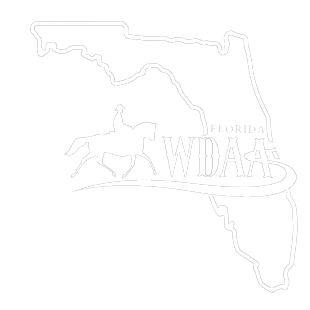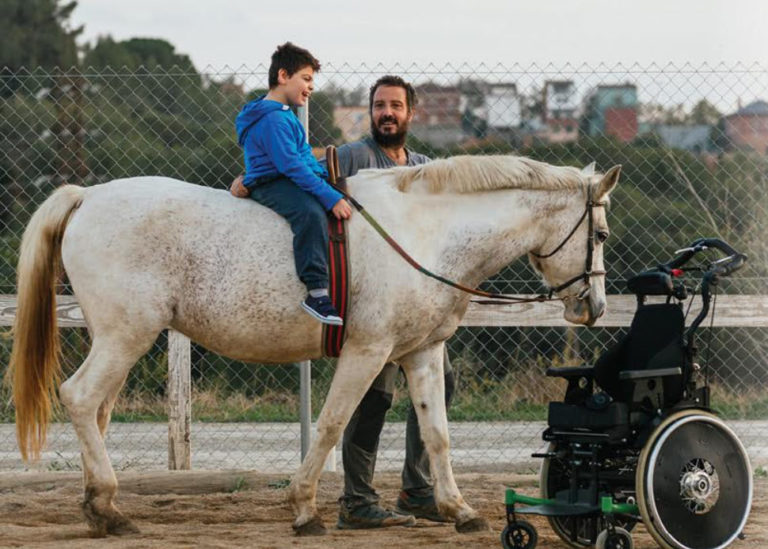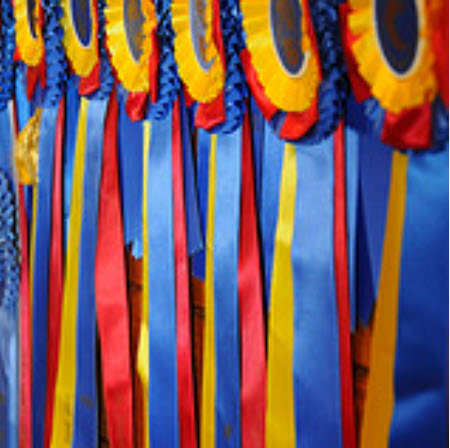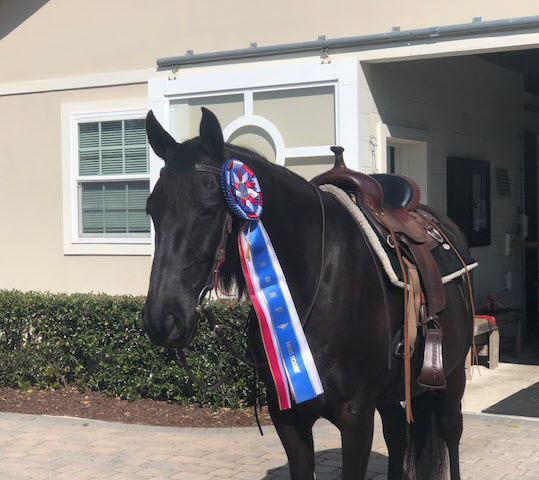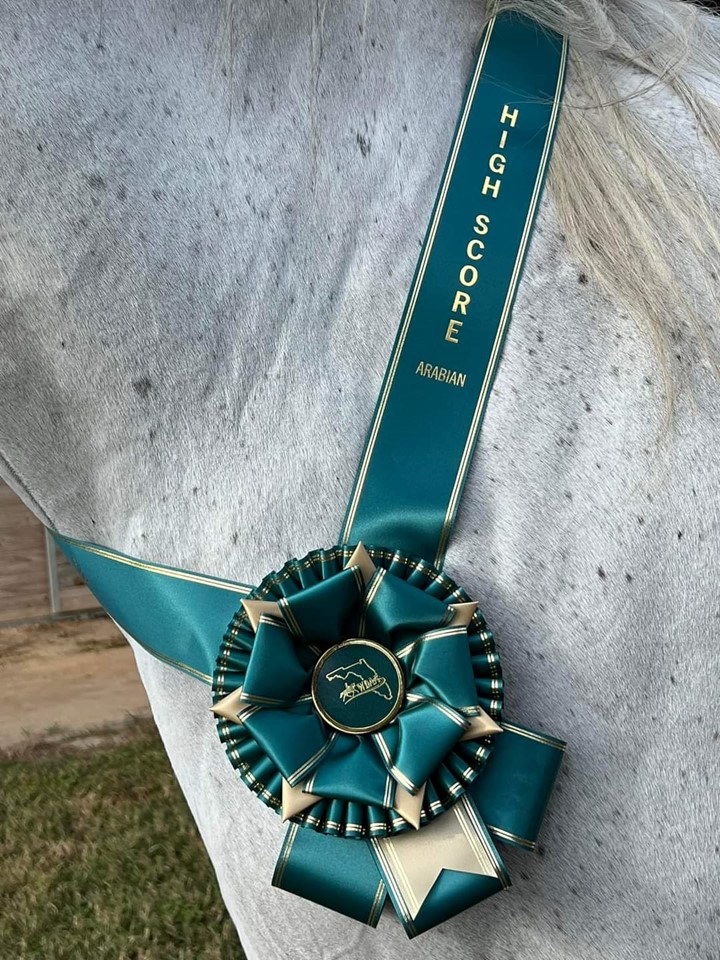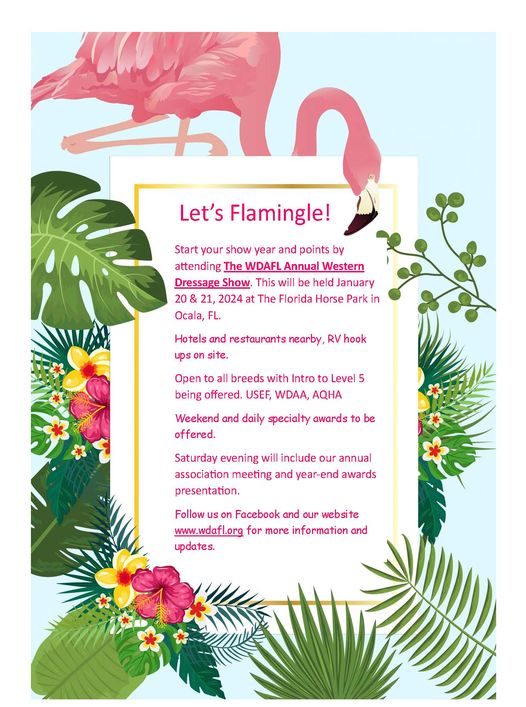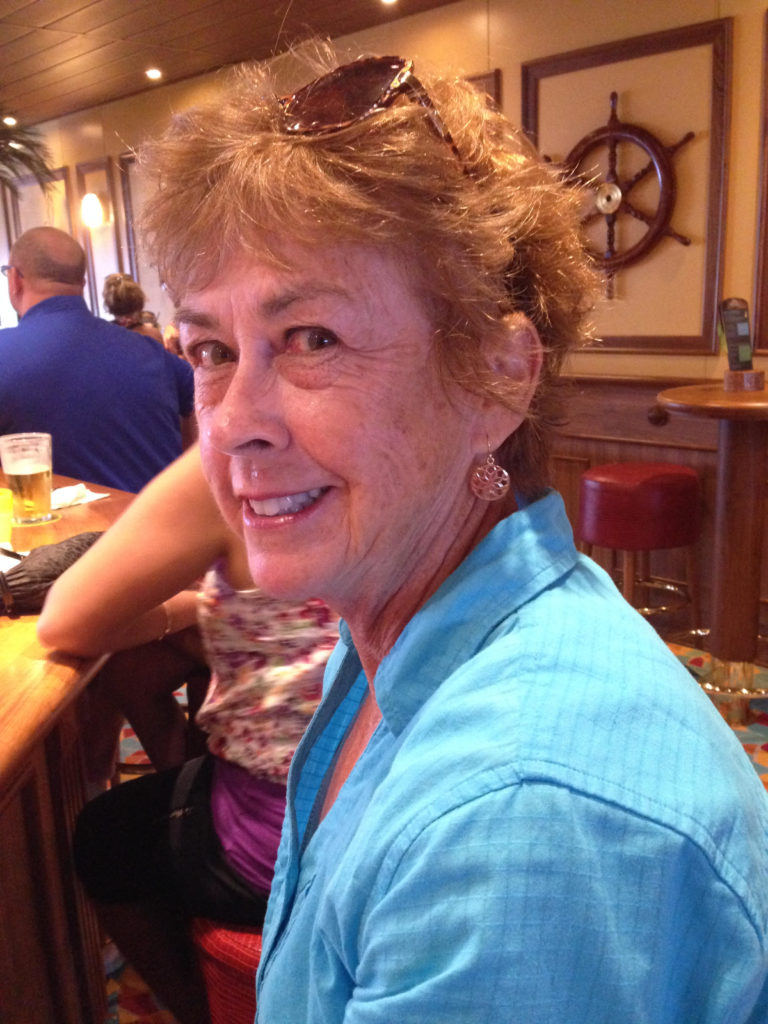 Have you ever really talked to a judge?
Have you ever really talked to a judge?
At a show is not the time or place to do it, but recently, I had the opportunity to visit with USEF “S” Dressage judge, Charlotte Trentelman, over lunch in Ocala. This is a seriously credentialed judge! She has been a judge since 1992 and has completed over 90 credit hours of education. She is also a USEF “R” Western Dressage judge, which is the main reason I sat down to talk with her. I wanted to ask her all kinds of things about her interaction with Western Dressage.
Charlotte said she first heard about Western Dressage in 2014 and traveled to Tulsa to learn more about it. She immediately signed up to begin the certification process to be a Western Dressage judge. I asked her what she liked most about Western Dressage. She stated she loves the attitude of the people involved. She finds them to be more laid back, friendly, and enjoys the socializing.
While USEF recognizes and governs Western Dressage, USDF has not. I asked her why she thought that was. Her answer was to just give it more time and eventually, they will. The USDF has been concentrating on supporting USA teams at the higher levels. They are just now starting to focus on supporting adult amateur riders. So with more time, USDF will get to us too!
What is the biggest pet peeve about riders she judges? Riders that are not in balance with the horse and who restrict the horse’s movement. Riders need to learn to use the aids independently, and the horse will move so much better. When she judges, she is looking for some key things: Balance, Freedom, Harmony, Accuracy, and Obedience. We don’t necessarily have to have brilliance to score well. Western Dressage judges have a little more freedom to consider the conformation of the horse in the ring in front of them, as compared to a traditional dressage judge.
What was Charlotte’s message to WDAFL members? Western Dressage is a new sport, and that means the judges are new too. Don’t think they don’t know what they are doing if they accidentally refer to trot rather than jog. Keep in mind, they may have just judged 10 traditional dressage tests before your Western test. The rules for Western Dressage are different and judges are working as hard and quickly as possible to get up to speed to judge our sport.
And what would Charlotte like to see WDAFL do in the future for our members? Draw from the professionals that are involved to continue education on the sport. She stated, “I can’t stop learning.” And as I said earlier, she surely continues her education with as many classes as she can get, as should we all to continue to grow our sport. She would love to see WDAFL post more videos for others to learn from as well as sponsor educational sessions that may not always involve being mounted. There is a lot to be learned in a group educational session reviewing videos. Maybe that is something WDAFL could do in different regions of the state?
It was a lovely and informative discussion we had. I always looked at judges like some kind of higher being that you only spoke with to introduce yourself and your horse before your ride and if they happened to ask you any questions after your ride. Nothing beyond that! Judges are just people, but they are people who have gained a wealth of knowledge on our sport. If you ever get the opportunity, spend some time with a judge and ask some questions. I guarantee you will hear things that you can take back to work on with your horse!
Submitted by Susan Butler, WDAFL Secretary/Membership Director
